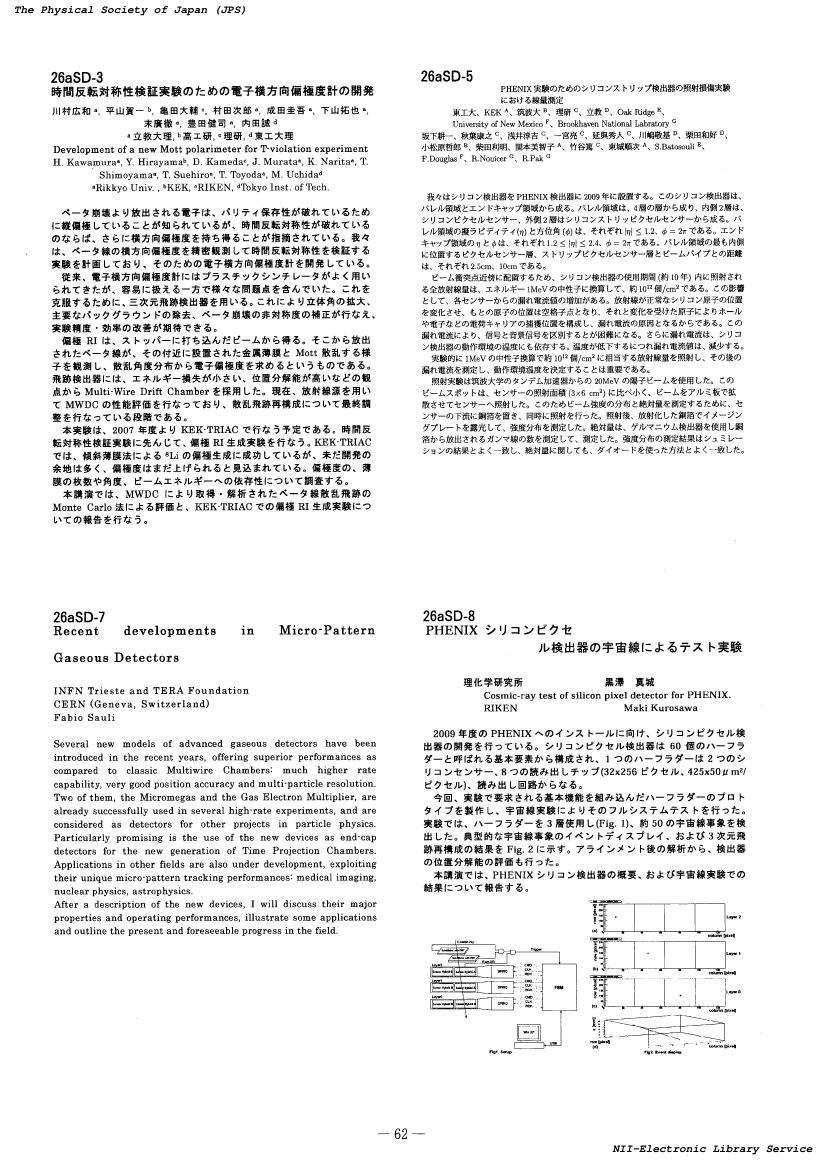1 0 0 0 OA メンタル・バジェッティングの傾向は個人の金融資産残高の蓄積を促すのか
- 著者
- 末廣 徹
- 出版者
- 生活経済学会
- 雑誌
- 生活経済学研究 (ISSN:13417347)
- 巻号頁・発行日
- vol.56, pp.33-48, 2022 (Released:2023-03-31)
- 参考文献数
- 35
本稿では、行動経済学におけるメンタル・アカウンティング(心理会計)のバイアスの一種であるメンタル・バジェッティング(心理的な予算の割り当て傾向)と個人が保有する金融資産残高の関係をインターネットアンケート調査の結果を用いて分析した。メンタル・バジェッティングの傾向がある個人は予算を管理することと同時に金融資産の管理を積極的に行う傾向があることから、金融資産の蓄積にもプラスの効果があると言われている。しかし、管理したからと言ってそれが最適であるとは限らない。予算の割り当てを誤れば、金融資産の蓄積にマイナスの影響を与える可能性もある。伝統的な経済学が想定するように、仮に家計が最適な選択を採ることが可能であるとすれば、予算を割り当てることは望ましいことではない。本稿では、直接的にメンタル・バジェッティングと金融資産残高の関係を分析することにより、メンタル・バジェッティングの傾向がある個人は保有する金融資産残高が少ない傾向がある可能性を示した。つまり、メンタル・バジェッティングの傾向がある個人は予算を管理することによって金融資産の蓄積が阻害されている可能性が高いことが明らかになった。
- 著者
- 末廣 徹 武田 浩一 神津 多可思 竹村 敏彦
- 出版者
- 日本行動計量学会
- 雑誌
- 行動計量学 (ISSN:03855481)
- 巻号頁・発行日
- vol.45, no.1, pp.49-58, 2018 (Released:2018-11-03)
- 参考文献数
- 15
In this paper, we analyze the current inflation perceptions, the formation mechanism of the 5-year inflation expectations, and their heterogeneity by gender and age with Structural Equation Modeling (SEM) based on “Survey on consciousness of individual investors” conducted in February 2016. We find that 1) if the current anxiety, which is a latent variable related to anxiety about the current Japanese economy and the state of household, is higher, the current inflation perceptions become higher; 2) the current inflation perceptions also affect the 5- year inflation expectations; and 3) “future anxiety” doesn't directly affect inflation expectations. 4) If the “future anxiety” become stronger, the inflation expectations are boosted through “current anxiety” and inflation perceptions. 5) Young people and elderly people have higher inflation perceptions. This U-shaped tendency could be explained by their strong “current anxiety.” 6) Inflation expectations tend to be higher in the 50s and 60s regardless of their strong future and current anxiety. 7) Male's inflation perceptions tend to be low, but another analysis shows that there is no gender difference in inflation expectations.
- 著者
- 川村 広和 平山 賀一 亀田 大輔 村田 次郎 成田 圭吾 下山 拓也 末廣 徹 豊田 健司 内田 誠
- 出版者
- 一般社団法人 日本物理学会
- 雑誌
- 日本物理学会講演概要集 62.1.1 (ISSN:21890803)
- 巻号頁・発行日
- pp.62, 2007-02-28 (Released:2018-03-03)
1 0 0 0 グリット(やり抜く力)と家計の金融資産蓄積の関係
<p>本論文では,心理学的概念である個人のグリット(やり抜く力)をWebアンケート調査によって調査し,個人のグリットの高さと金融行動の関係を分析した.その結果,グリットが高い(やり抜く力が強くて忍耐力がある)ほど,(1)収入が多く,(2)金融資産の保有額も多いことが分かった.また,(3)目的を持って貯蓄をしている(セルフコミットメントを行っている)個人にとってグリットは一段と効果を発揮する(金融資産の蓄積を促す)ことを示した.グリットは後天的に誰もが獲得可能な「やり抜く力」とされ,ビジネスやスポーツにおける個人のパフォーマンスの高さと関係があることから注目されている.日本では老後の金融資産が不足している個人が多数存在することが社会問題となっており,後天的に獲得可能なグリットが金融資産の蓄積を促すという本稿の結論は金融教育や政策運営に資するものである.</p>
